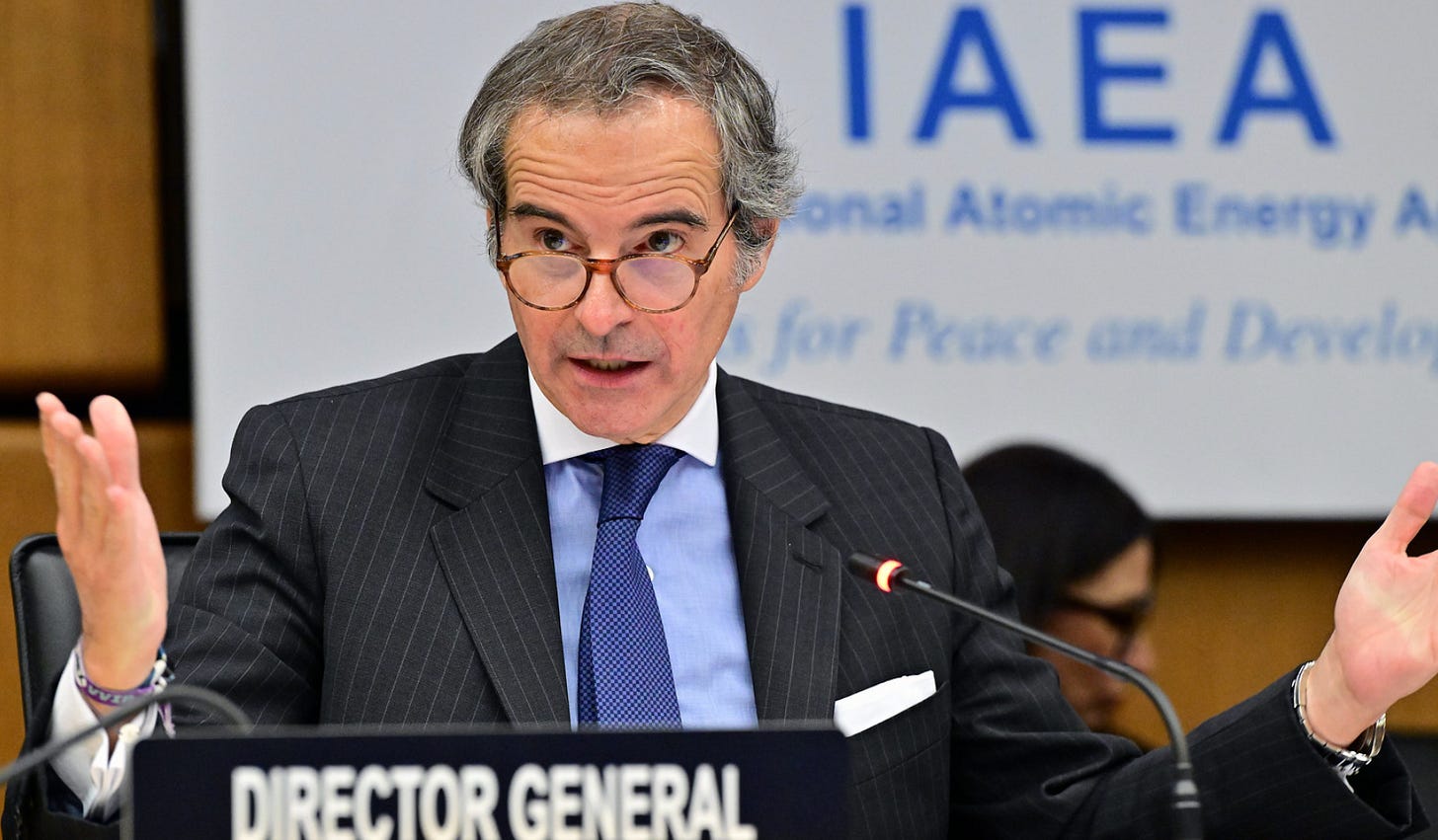Grossi: Uranium Enrichment is Not Prohibited Under International Law
Iran claims that it obtained secret information about Israel's nuke program
Rafael Grossi, the head of the International Atomic Energy Agency (IAEA), said Monday that uranium enrichment is not prohibited under international law as U.S. President Donald Trump follows Israeli …



